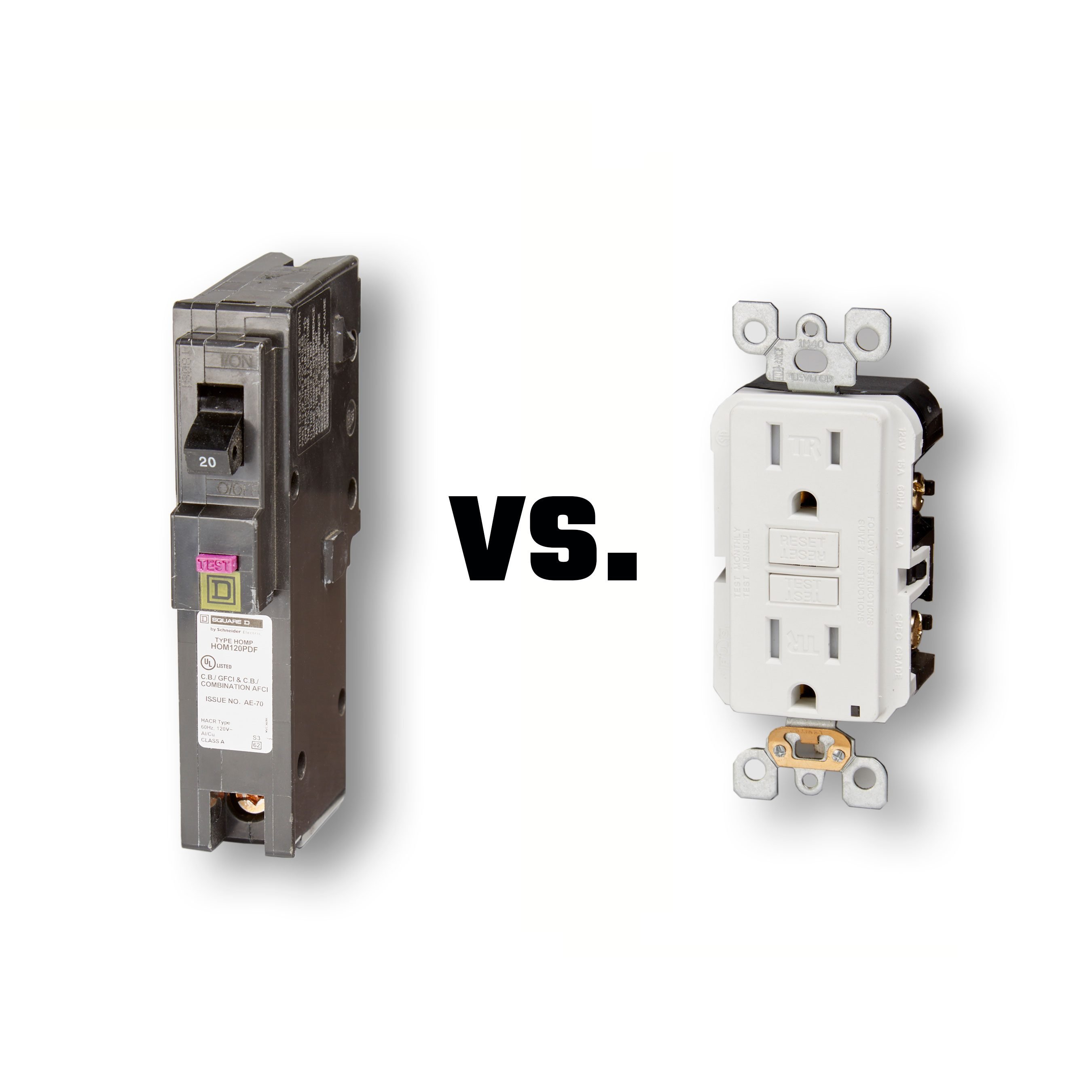Ask the Electrical Inspector: Should GFCI Protection Go in the Panel or the Receptacle?
Question:
Is it better to install a GFCI protection device in the panel or in a receptacle?
Answer:
It’s amazing that GFCI devices such as GFCI breakers and GFCI receptacles have been around 50 years! Just about every region has some sort of requirement for ground-fault detection, and thousands of lives have been saved around the globe.
Many GFCI options are available today, but the two most common types are GFCI circuit breakers and GFCI receptacles. You do not need both on the same circuit. A GFCI circuit breaker protects the entire branch circuit and everything connected to it, be it receptacles, lights, appliances, etc. This is a great option for new branch circuits, especially if you are combining GFCI protection (shock protection) with arc-fault circuit-interrupter (AFCI) protection (fire protection).
However, for existing wiring systems, multiwire branch circuits with shared neutrals, and certain sensitive equipment, GFCI breakers may not work correctly. The simple solution is to install GFCI receptacle outlets or other GFCI devices further down the line, or at the end of the line on the branch circuit. Also, there are a bunch of options for portable GFCI devices that help protect people outdoors, on construction projects, when traveling, using a portable generator or anytime you are at risk of electric shock due to the hazardous combination of electricity and damp or wet locations.
Always check with your local electrical inspector about the specific code requirements in your area for GFCI breakers and GFCI receptacles.
Question Answered by John Williamson, Chief Electrical Inspector, Minnesota Department of Labor and Industry
John Williamson has been in the electrical industry for 40 years and is a licensed master electrician and certified building official. John has worked for the state of Minnesota for over 23 years and is the Chief Electrical Inspector. For the past 25 years John has also provided electrical code consultation to various book and magazine publishers.
Do you have a question that you would like our electrical inspector to answer? Email us at contribute@constructionprotips.com

No comments